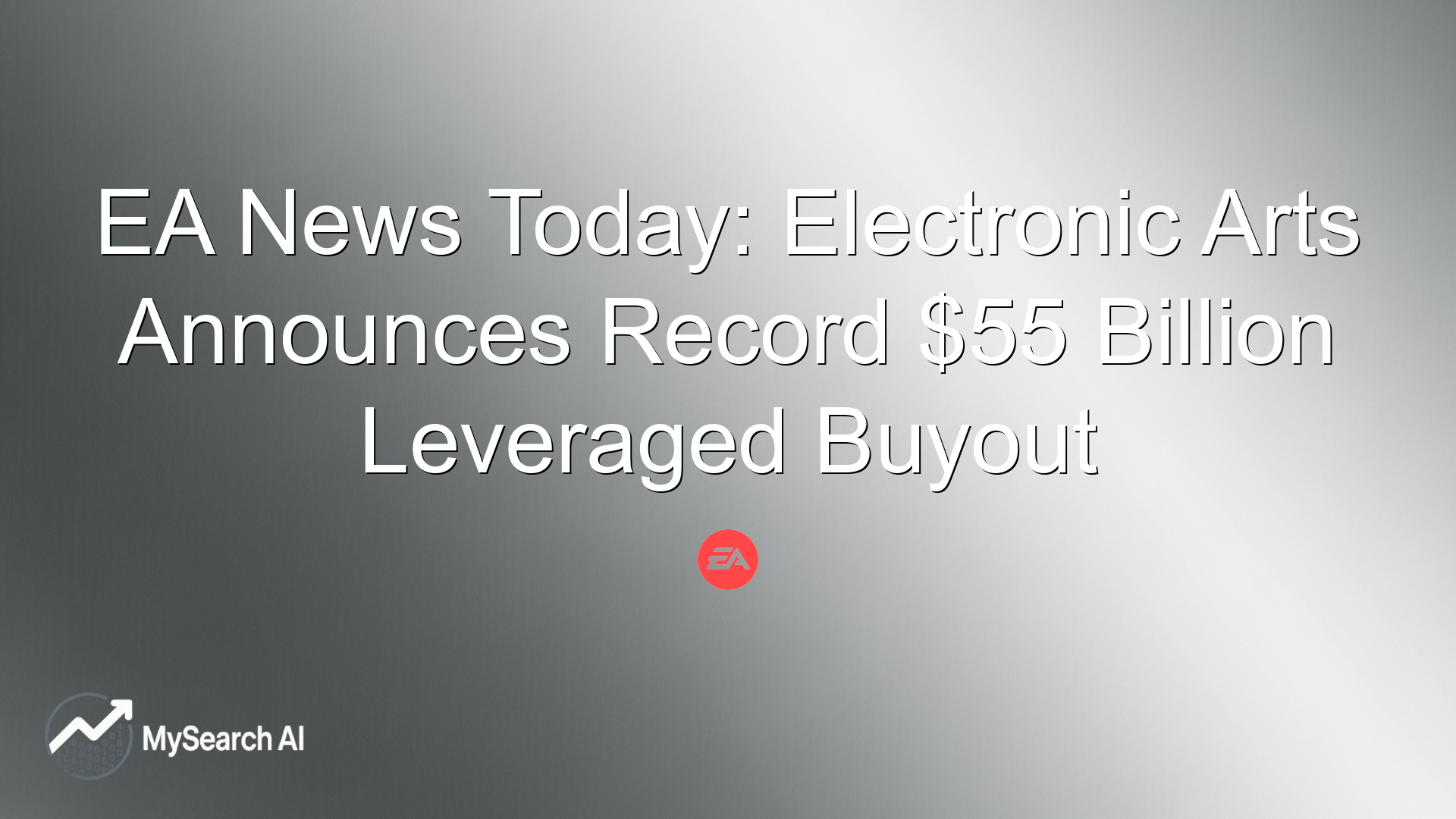Related Articles
Ask anything about stocks
German Retail Sales Decline Amid Economic Uncertainty
Recent data highlights a significant decline in German retail sales, underscoring ongoing economic uncertainty in Germany. In July 2025, retail sales fell by 2.4% compared to the previous month. This unexpected downturn reverses the modest gains earlier in the year and indicates deeper economic challenges. With inflation and energy prices influencing consumer behavior, the German economy is facing a volatility that demands attention. How these factors are affecting consumer spending trends is crucial to understanding the broader economic landscape.
Factors Behind the Retail Sales Decline
The decline in German retail sales can be attributed to multiple interrelated factors. Economic uncertainty in Germany plays a critical role, with consumers cautious about their spending amid a shaky economic outlook. Inflation remains a persistent concern, reaching 4.8% in August 2025, according to the Federal Statistical Office. Additionally, energy prices continue to strain household budgets. This results in a shift in consumer spending trends, focusing more on necessities rather than discretionary items. Retailers face mounting challenges, with some sectors experiencing sharper declines than others. For example, the automotive sector saw a 3.1% drop in sales, indicative of broader consumption hesitance. As these issues persist, it’s vital to keep track of retail performance to gauge future economic trends.
Impact on the Wider Economy
German retail sales decline signals potential stress points in the broader economy. Lower consumer spending often translates to weakened economic growth since consumption accounts for almost 55% of Germany’s GDP. This shift may hinder efforts to boost domestic economic activity, especially amidst fragile global trade conditions. Moreover, businesses may face liquidity constraints if sales remain sluggish, possibly affecting employment and investment. Small and medium-sized enterprises (SMEs), which are particularly vulnerable, could suffer more acutely. This emphasizes the need for effective policy measures to restore consumer confidence and stimulate economic stability.
Consumer Spending Trends and Future Outlook
Understanding current consumer spending trends is essential for anticipating future economic trajectories. Recent trends show prioritization of essential goods over luxuries, with food and energy expenditures seeing relative stability. However, non-essential sectors, such as leisure and entertainment, continue to experience downturns. For retailers and investors, adapting to these changes is crucial. Strategies may include diversifying product offerings or leveraging digital platforms to maintain competitiveness. Looking forward, the outlook depends heavily on policy responses and external economic conditions. Careful monitoring of fiscal and monetary interventions will be necessary to support recovery.
Final Thoughts
The German retail sales decline reflects deeper economic uncertainties and shifting consumer spending trends. While inflation and high energy costs exert pressure on household finances, the broader economic implications are significant. Retailers need to adapt strategies to the evolving consumer landscape, while policymakers must balance interventions to support recovery and growth. Meyka can be a valuable tool for investors by providing real-time insights and predictive analytics to navigate these uncertain times. As Germany’s economic challenges persist, remaining informed and agile is vital for businesses and investors alike. Ultimately, a collaborative approach between government and industry stakeholders can help mitigate these challenges and foster long-term stability.
FAQs
What caused the recent decline in German retail sales?
The decline is primarily due to economic uncertainty, high inflation, and rising energy prices. These factors have led consumers to be more cautious in their spending, prioritizing essential over discretionary purchases.
How does the decline in retail sales affect the German economy?
Lower retail sales can result in slower economic growth since consumer spending forms a substantial part of GDP. This may lead to reduced business revenues, impacting employment and investments, especially in the SME sector.
What are the trends in consumer spending in Germany right now?
Consumers are focusing more on essentials like food and energy. Non-essential sectors such as leisure and luxury are facing declines, reflecting cautious spending behaviors amid economic challenges.
Disclaimer:
This is for information only, not financial advice. Always do your research.



